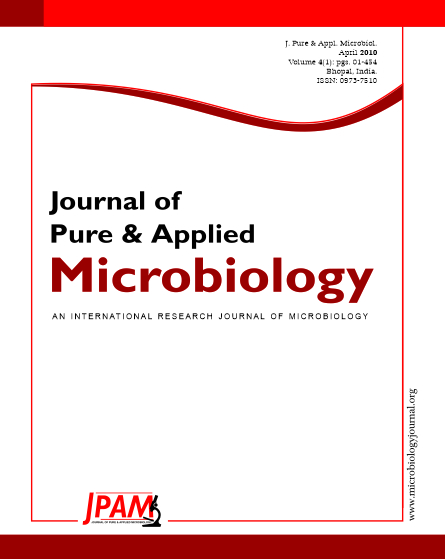In agricultural land soil fertility depletion is an important draw back due to continuous cultivation. Modern agricultural operation has modified the physical, chemical and biological activity of the soil. In order to increase the soil fertility, inorganic fertilizers are being widely utilized in our cultivable lands. Even though they promote the growth of crops, their toxic effect is the negative impact by means of their over utilization. To overcome all these unwanted factors the application of organic manure especially vermicompost is recommended. Vermicompost is a rich source of macronutrients, micronutrients, vitamins, plant enzymes and plant growth hormones. So, the present investigation was carried out to study the influence of vermicompost on the root numbers and length of the Sunflower plant (Helianthus annuus L.). Different percentages of vermicompost (25, 50, 75 and 100%) derived from the earthworm, Eudrilus eugeniae was made with red soil. The Sunflower plant, Helianthus annuus L. was cultivated in these vermicompost-red soil mixtures at 30, 60 and 90 days periods of exposures. At the end of each period of exposures the plants were sacrificed and the root numbers were counted and the root length was measured. The maximum root numbers and length were noticed in 75% vermicompost concentration at all periods of exposures.
Eudrilus eugeniae, Vermicompost, Root numbers, Root length
© The Author(s) 2010. Open Access. This article is distributed under the terms of the Creative Commons Attribution 4.0 International License which permits unrestricted use, sharing, distribution, and reproduction in any medium, provided you give appropriate credit to the original author(s) and the source, provide a link to the Creative Commons license, and indicate if changes were made.


